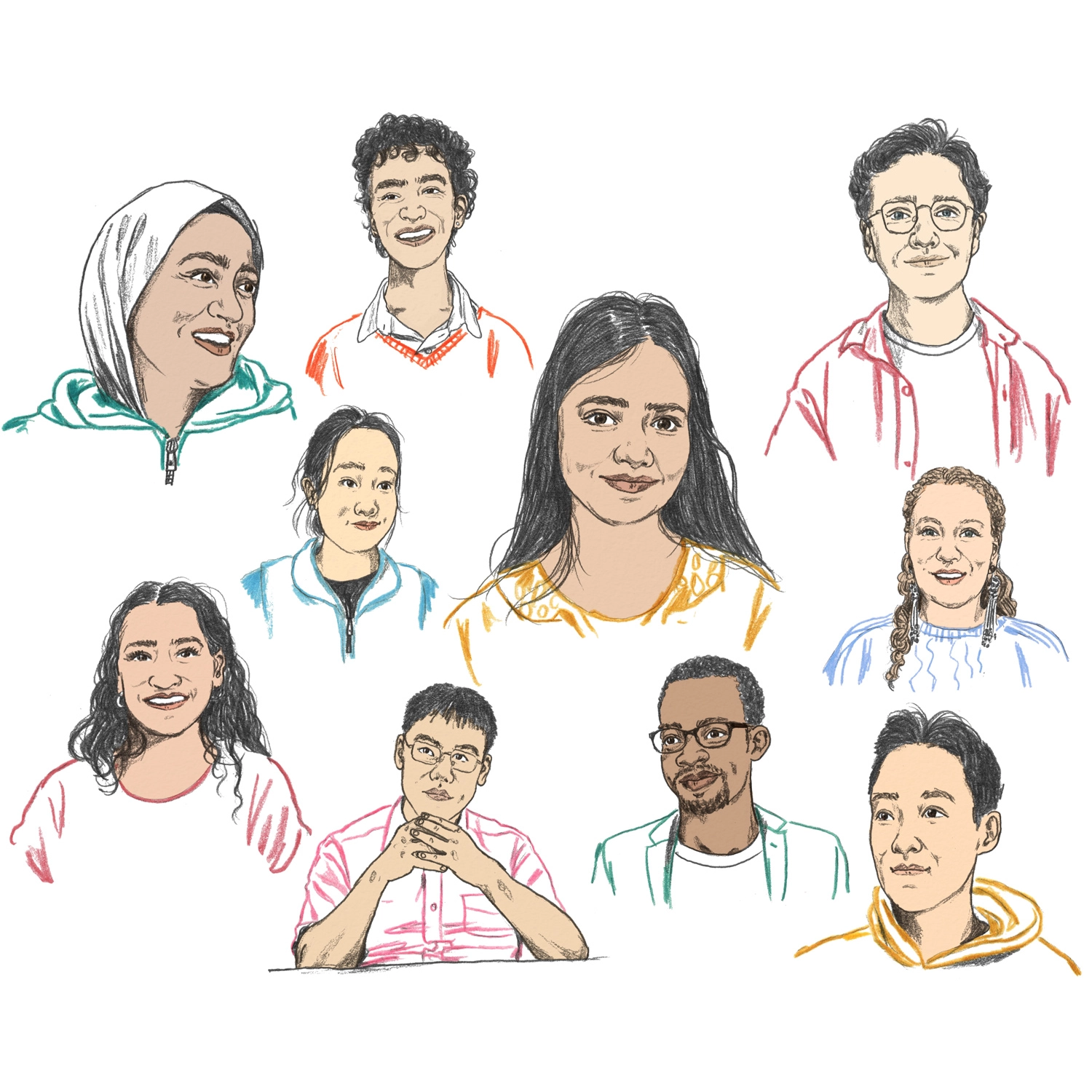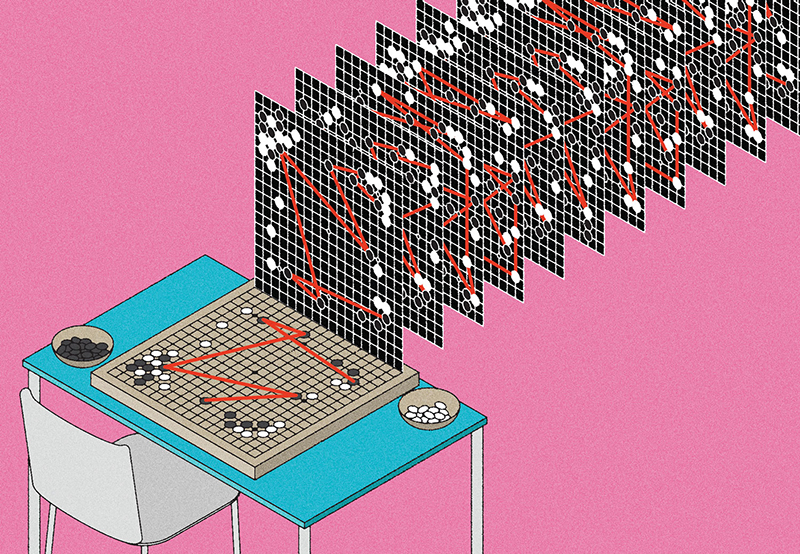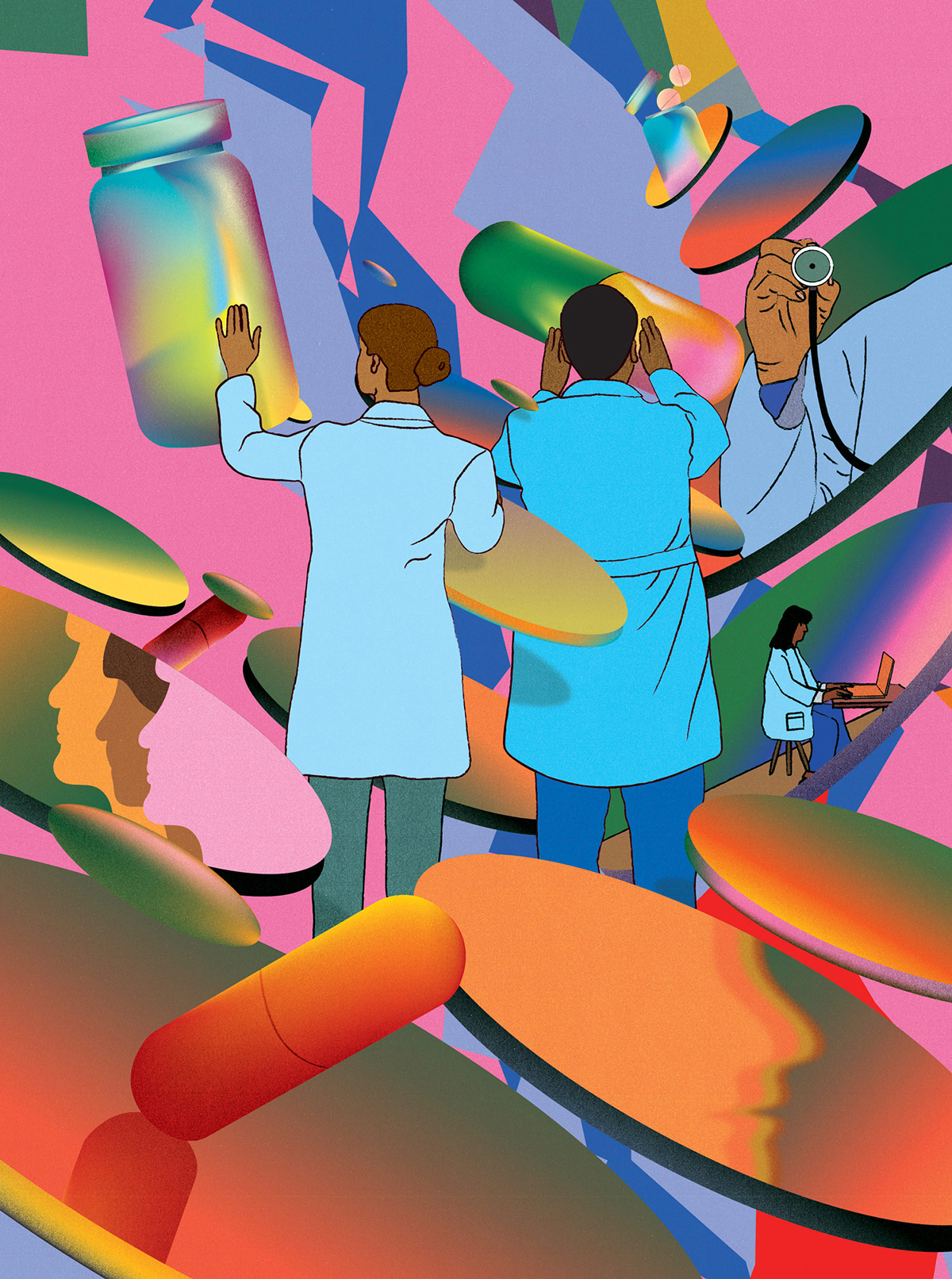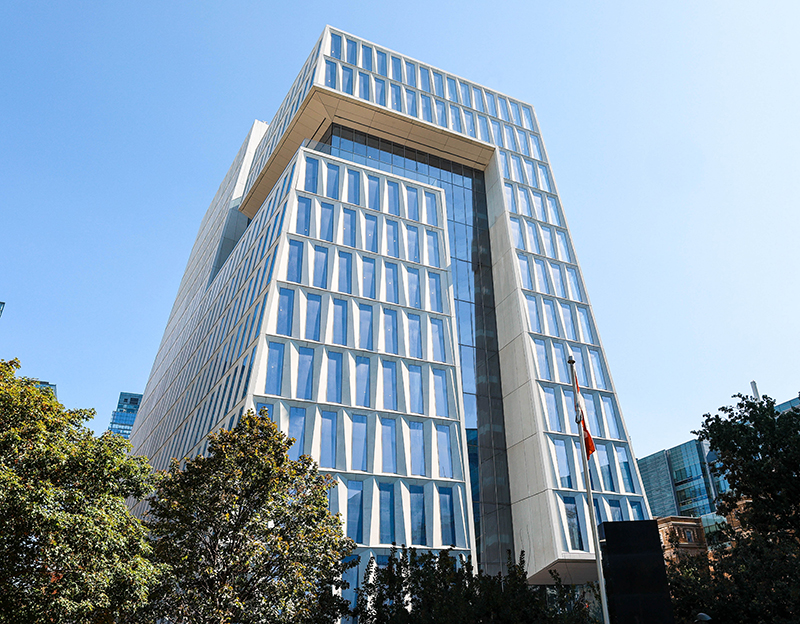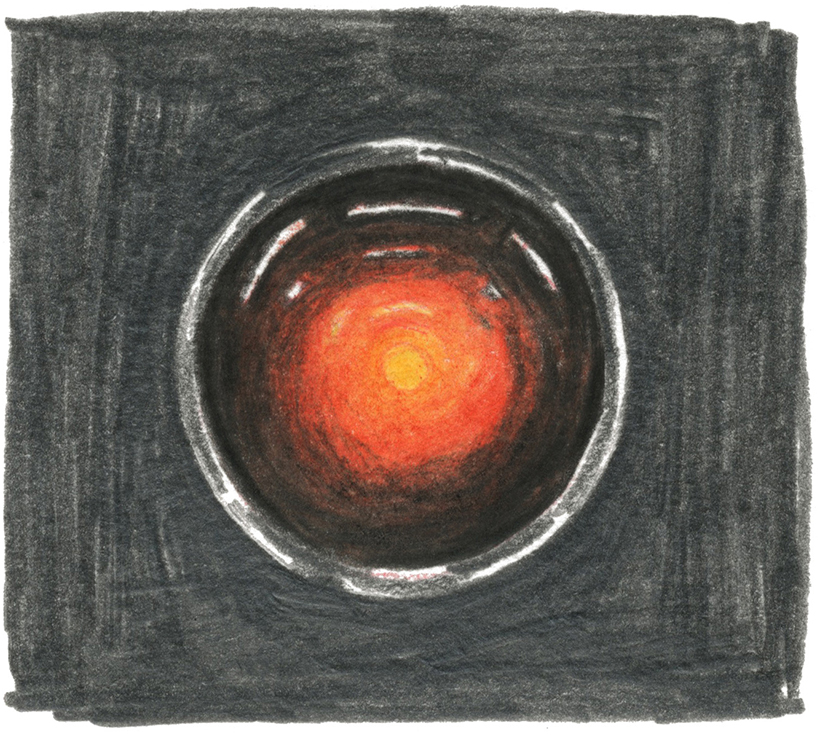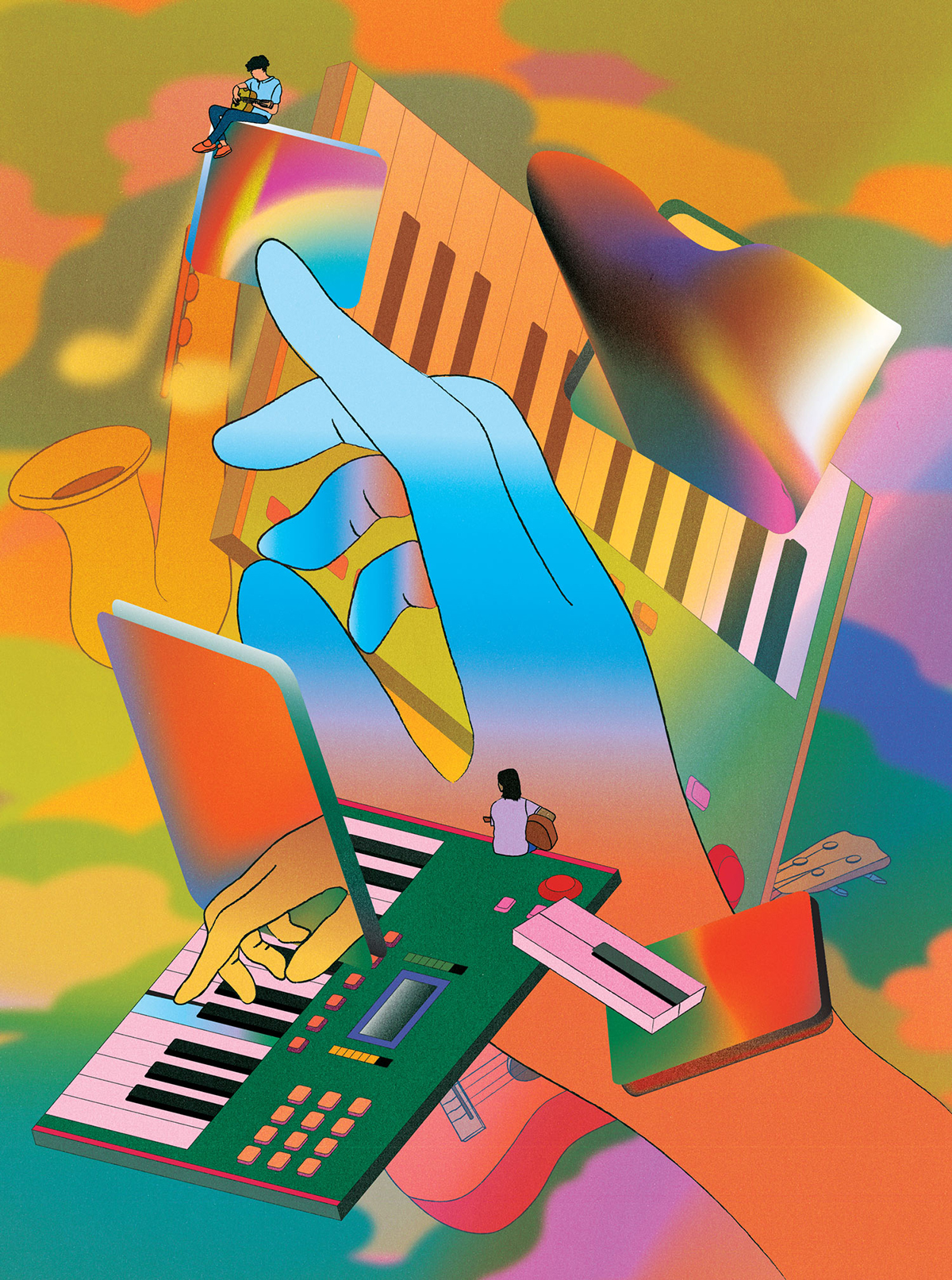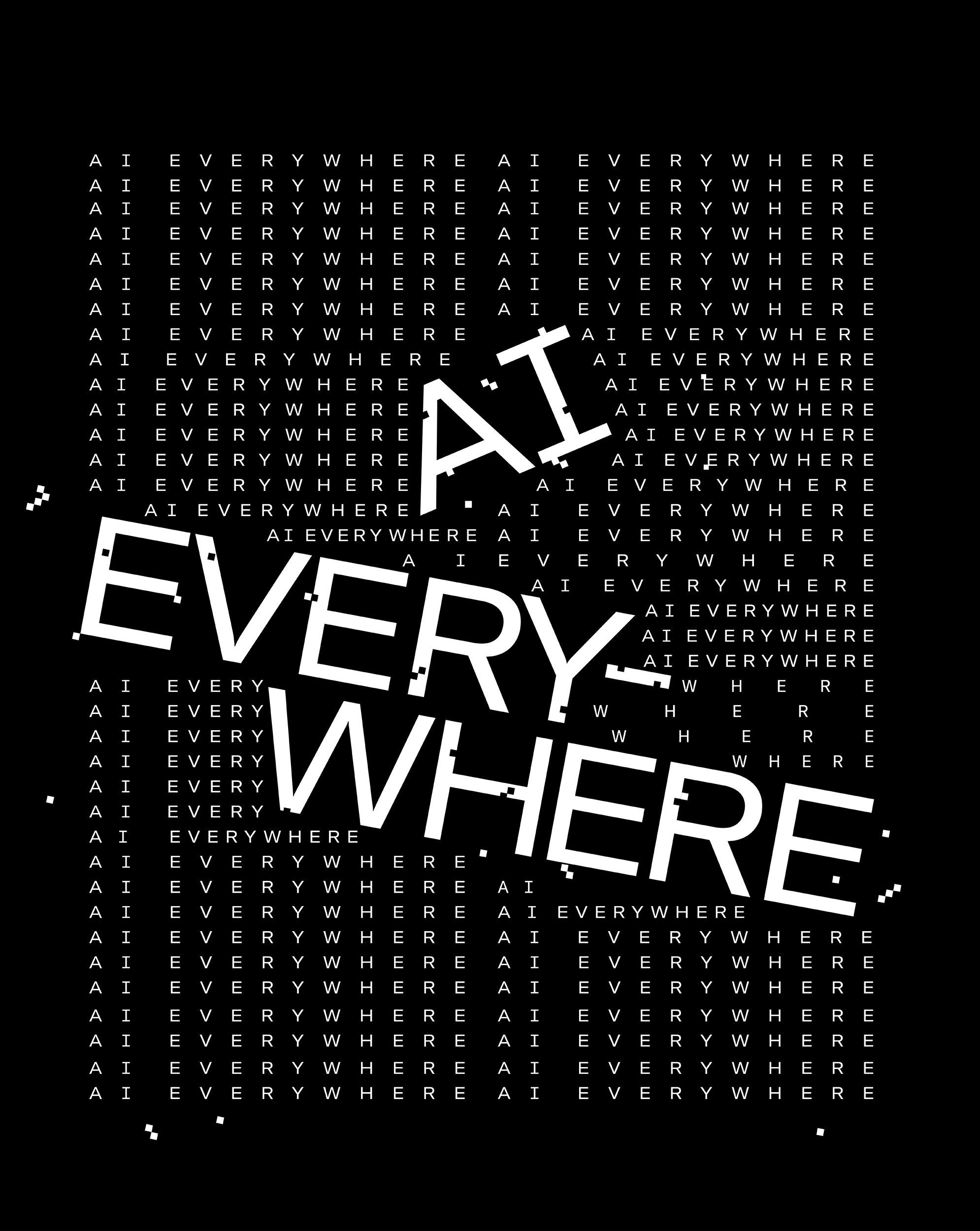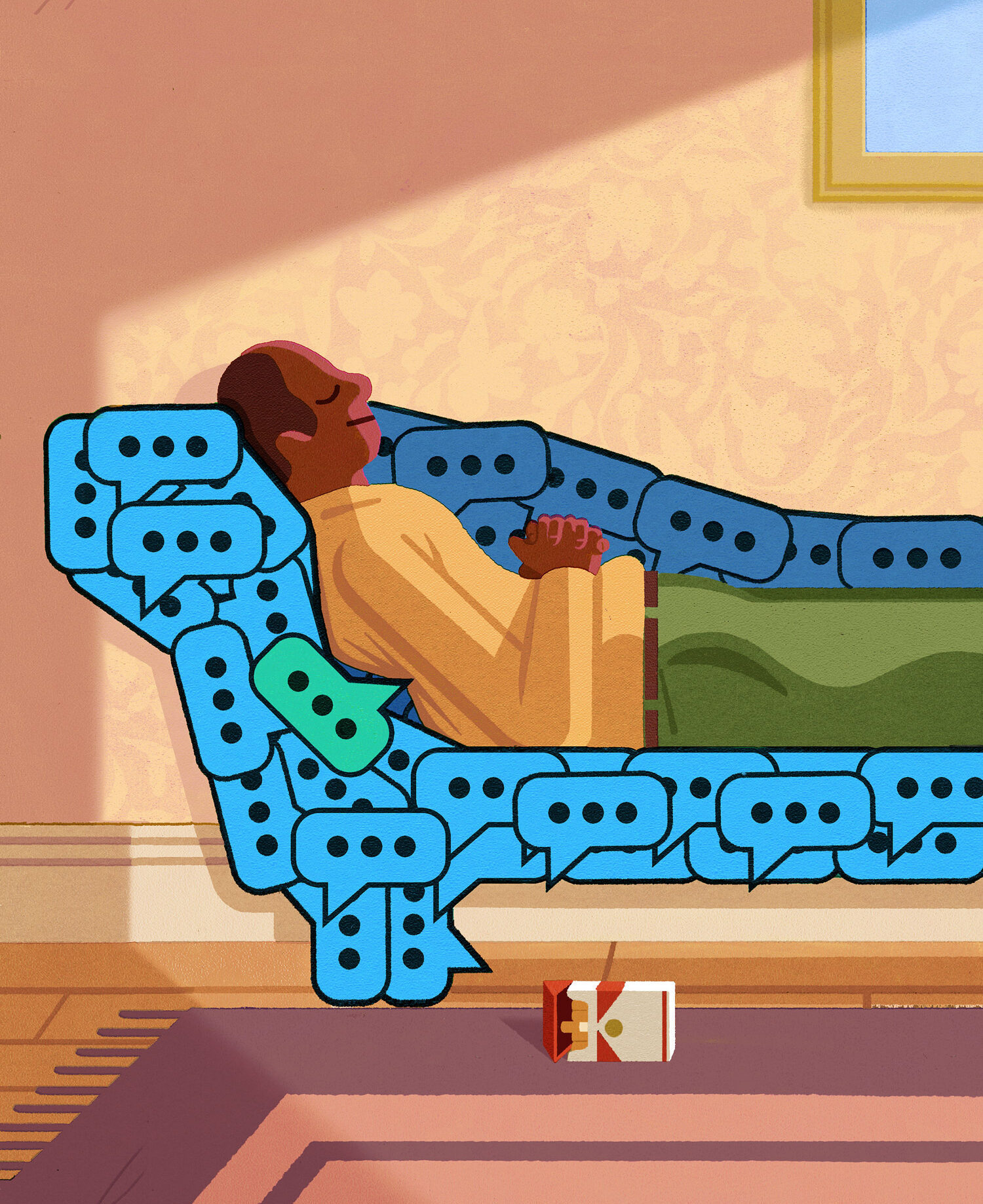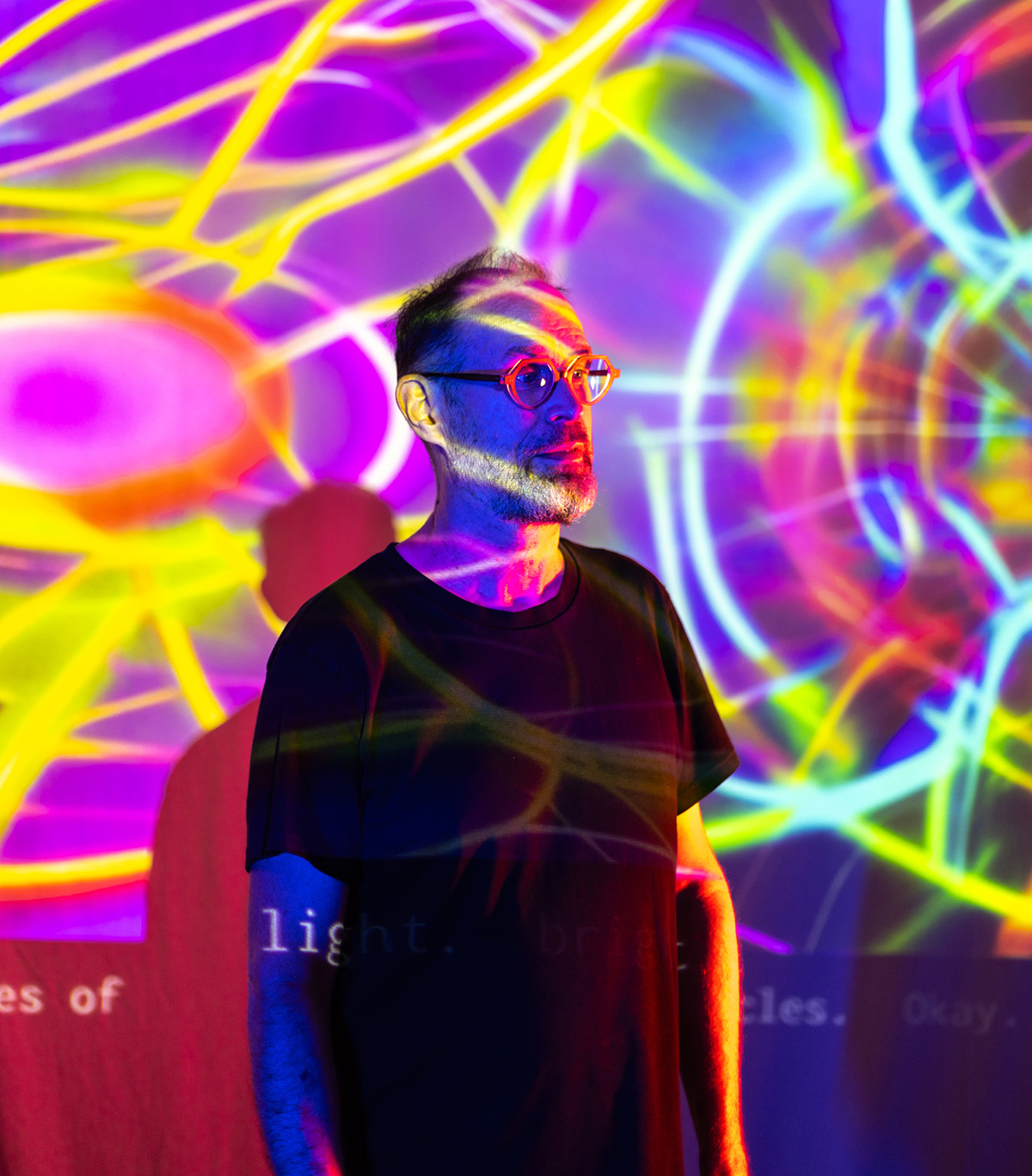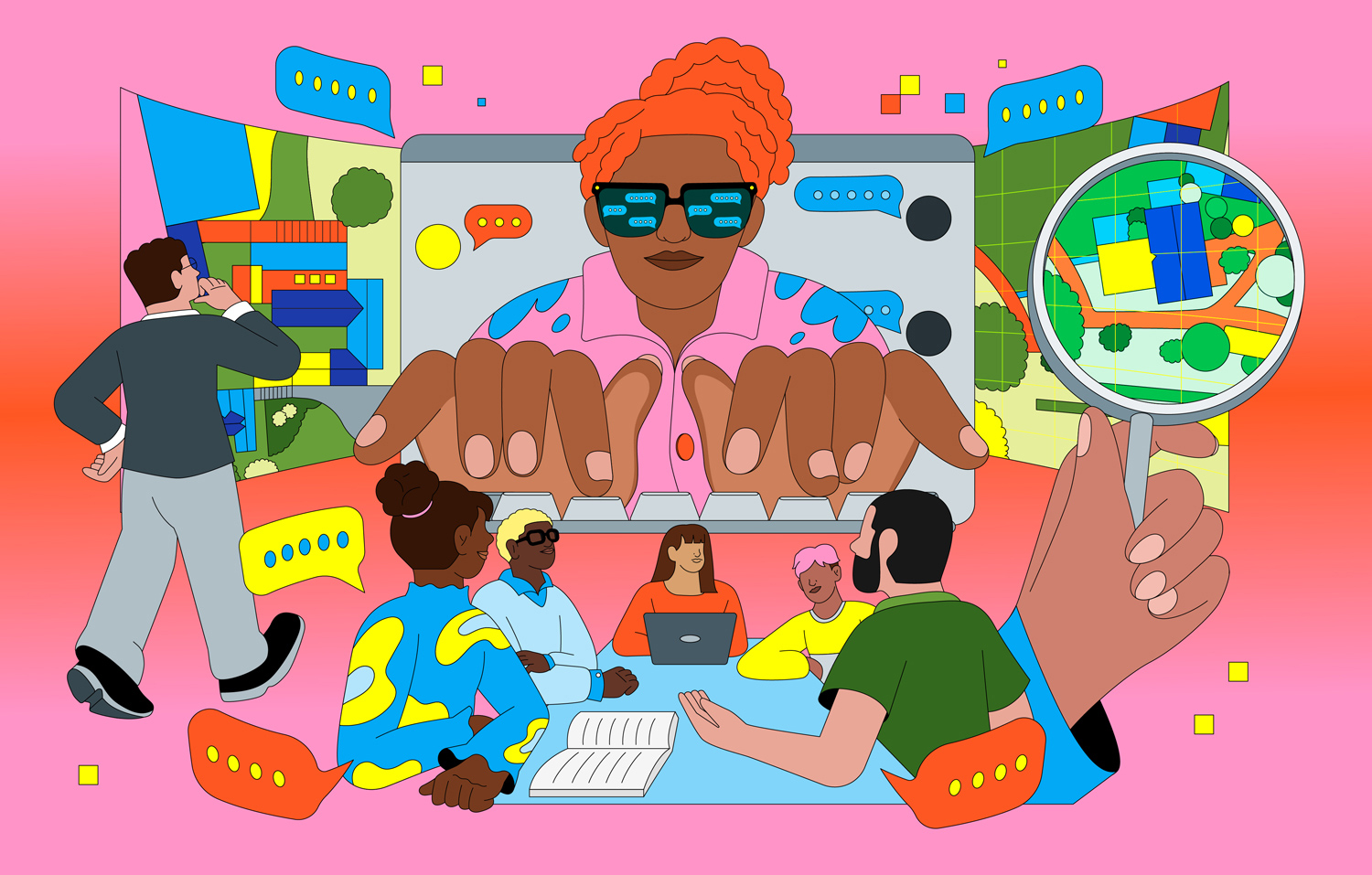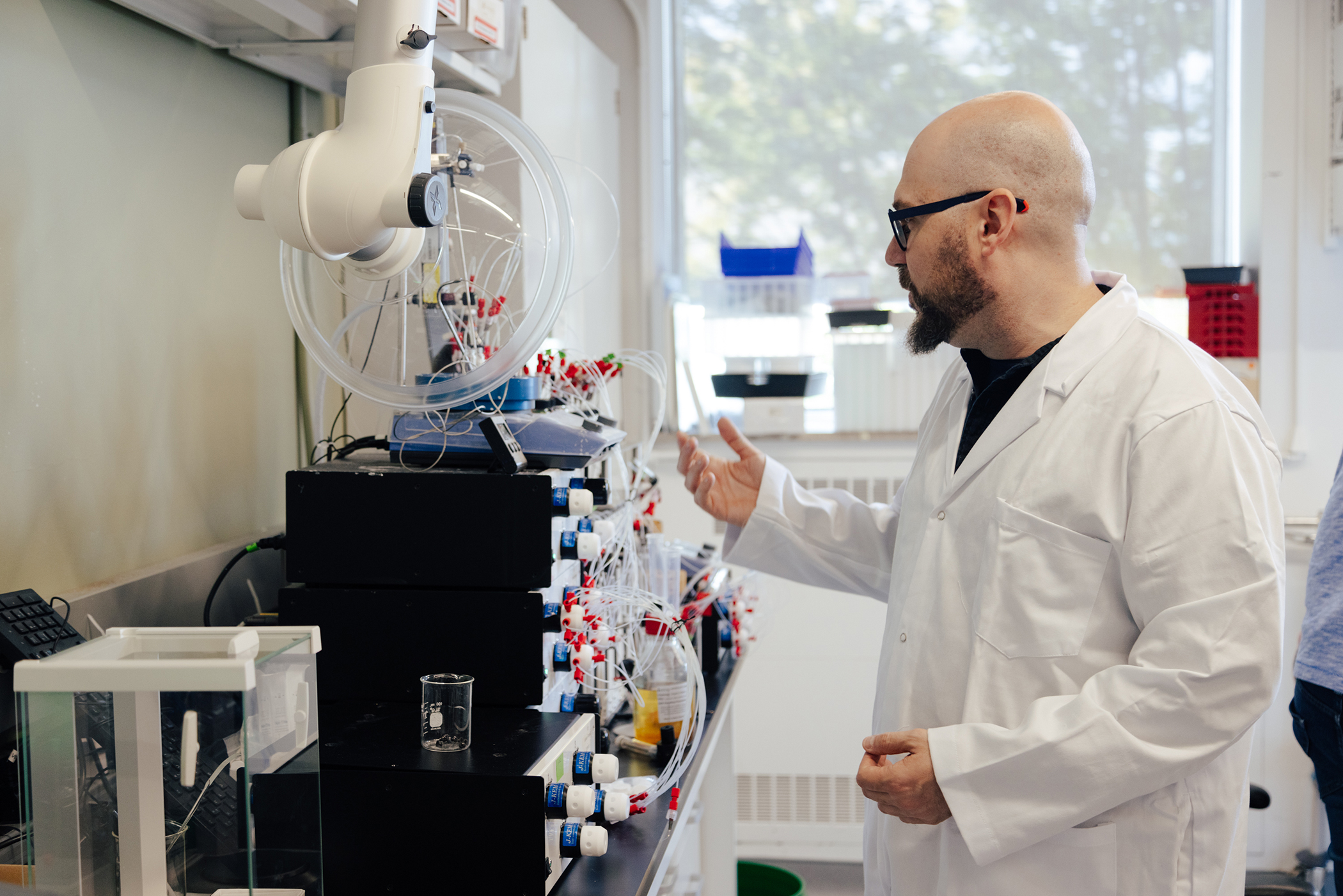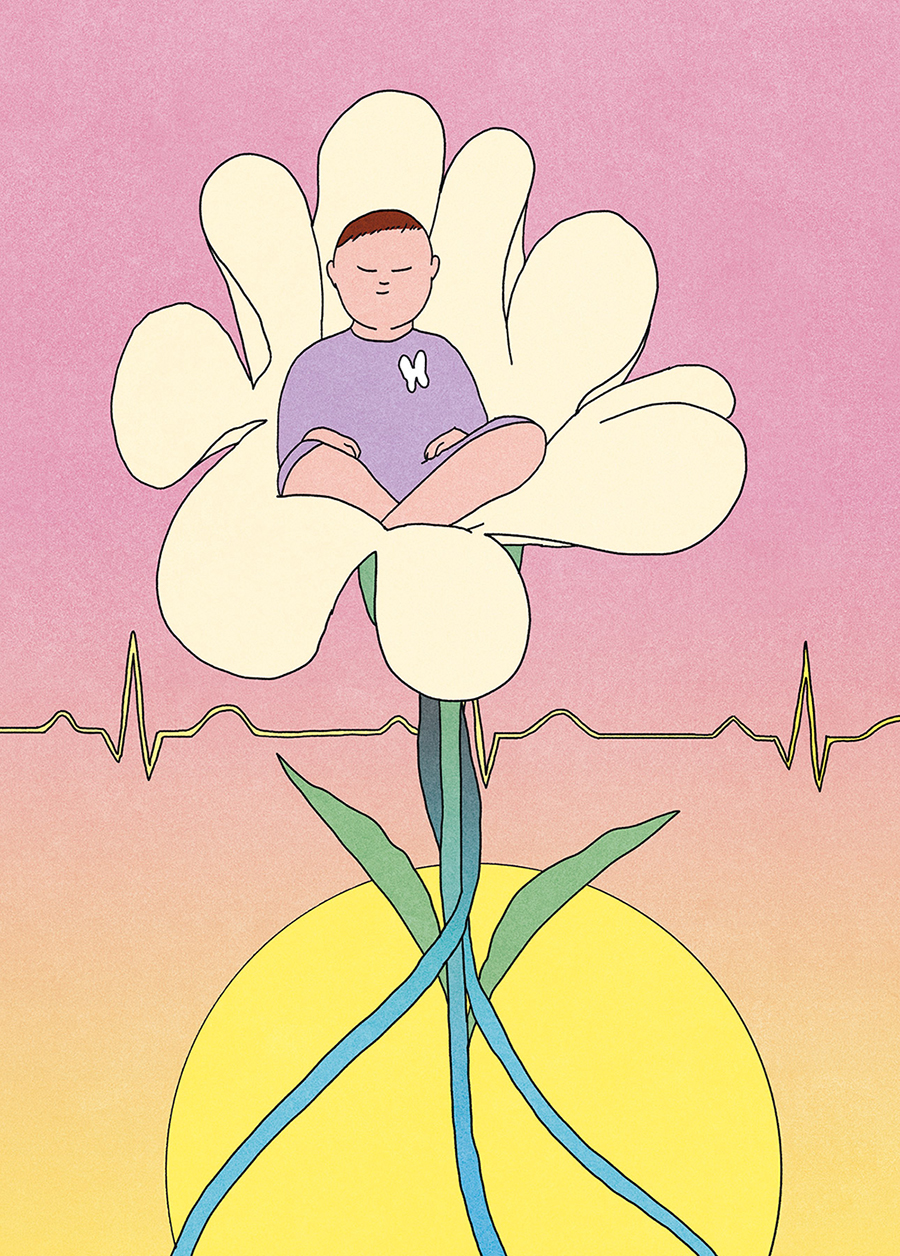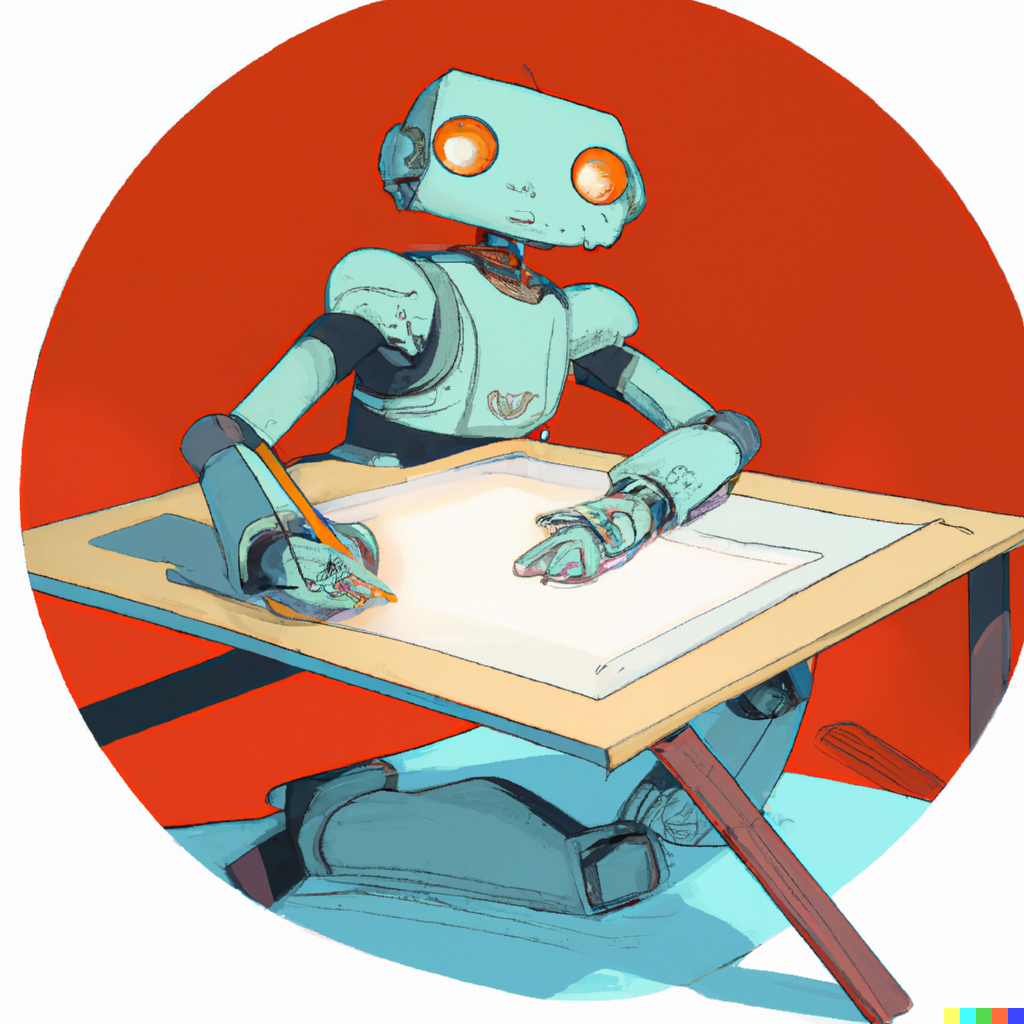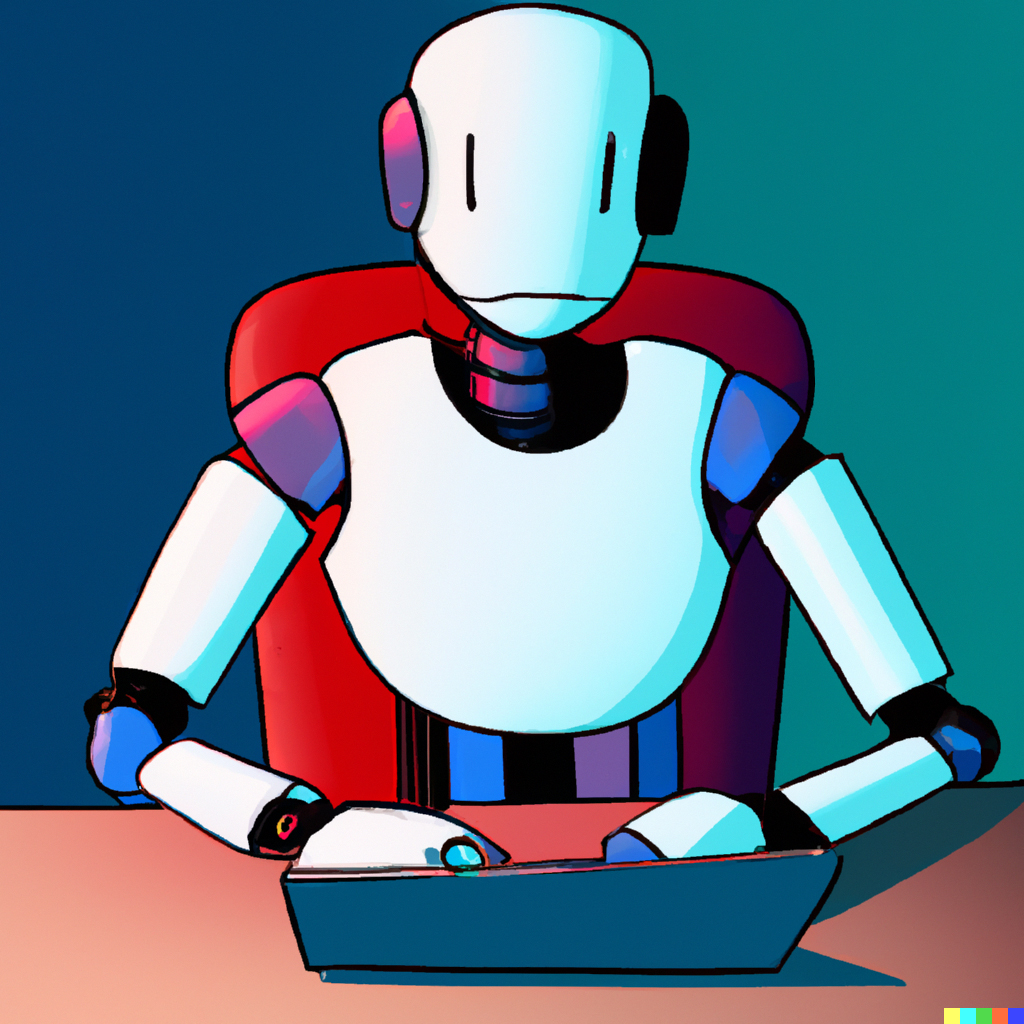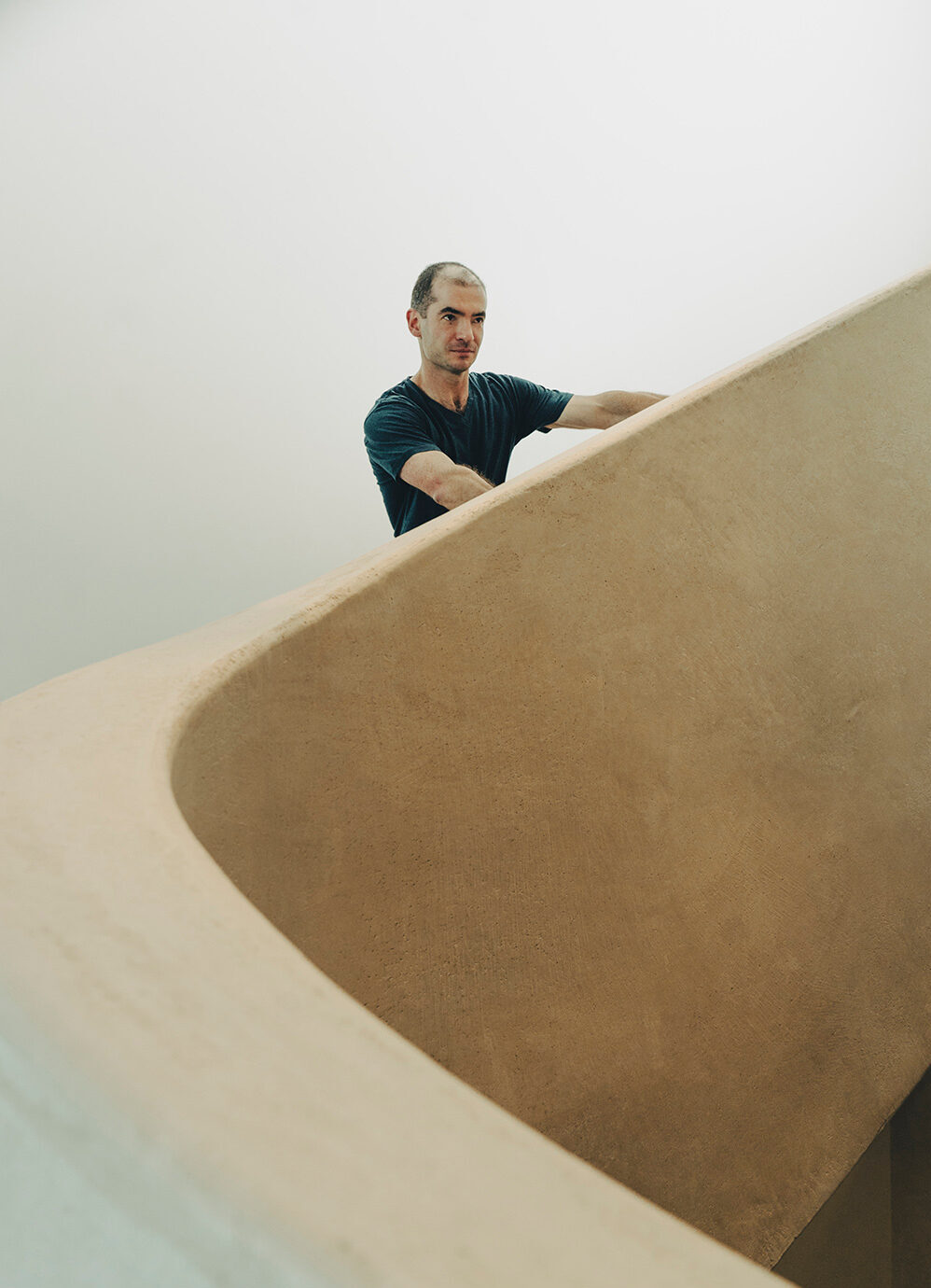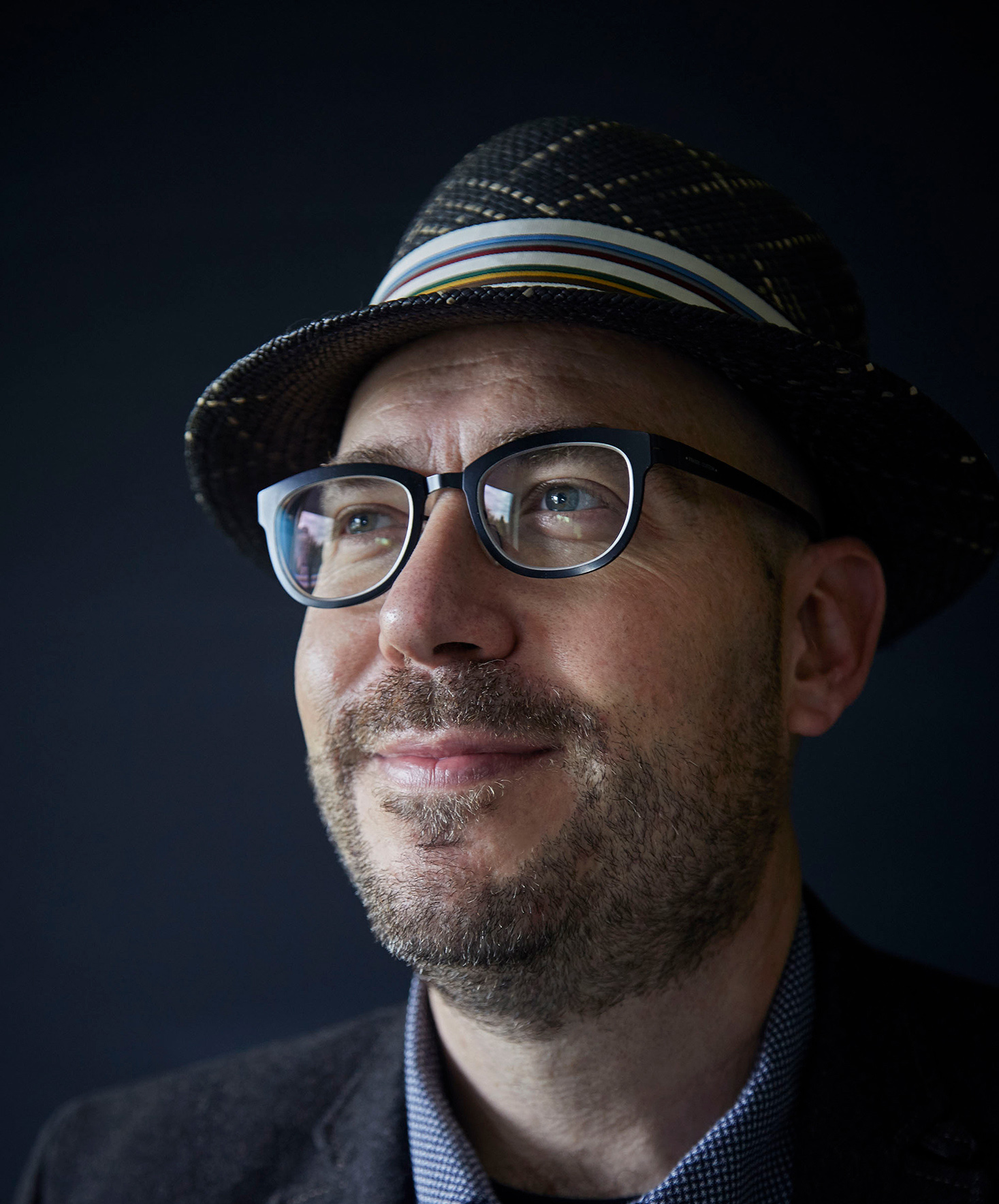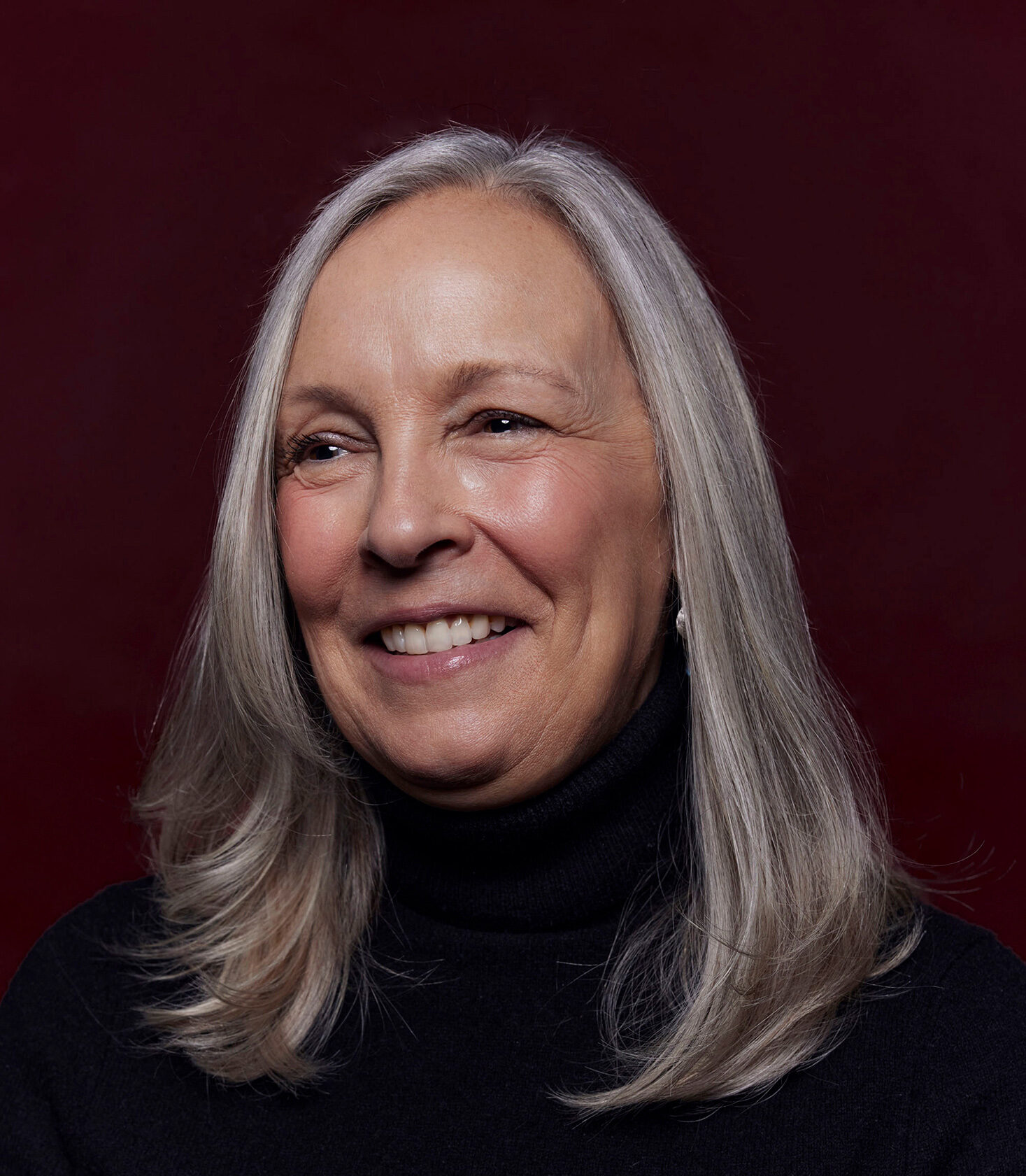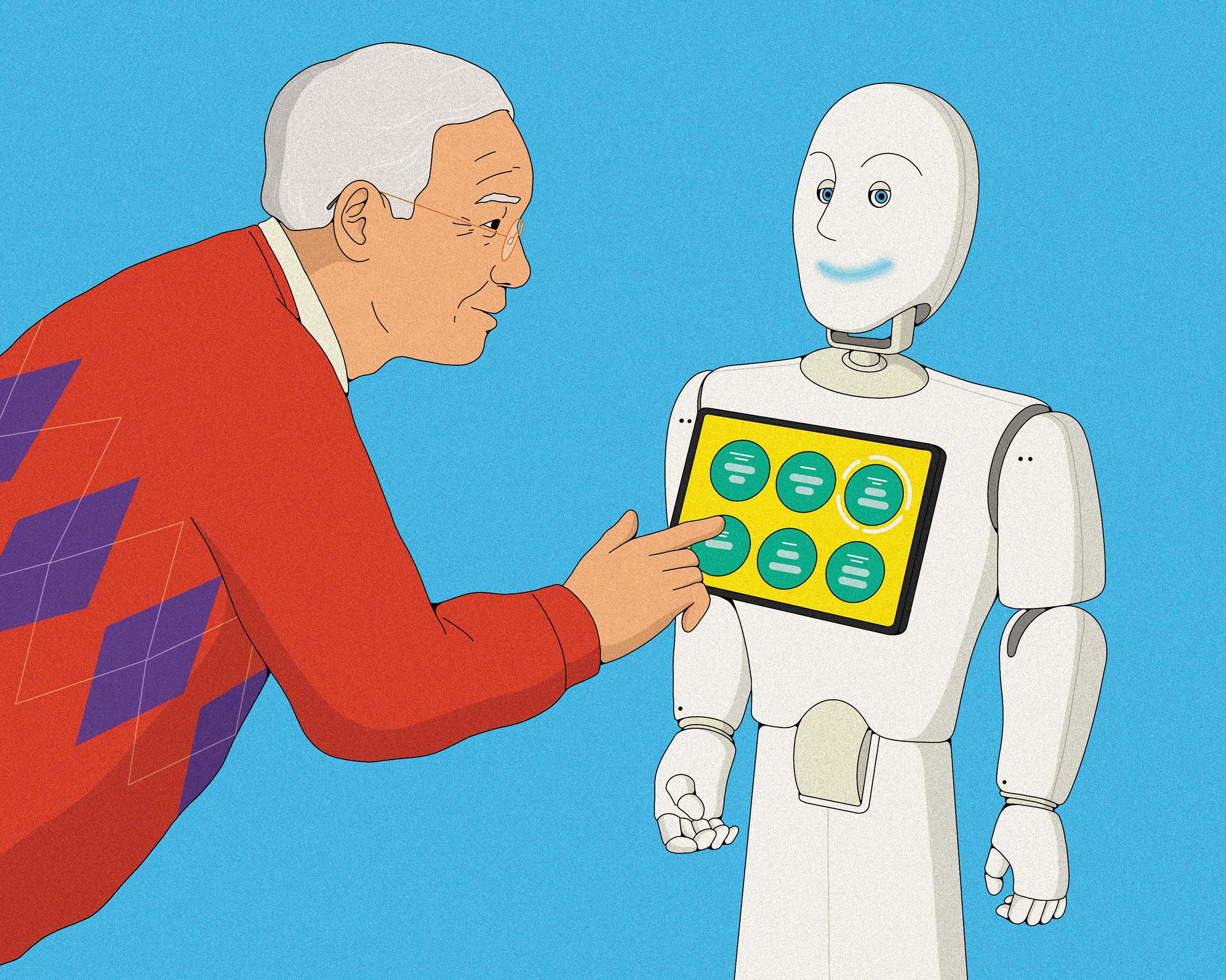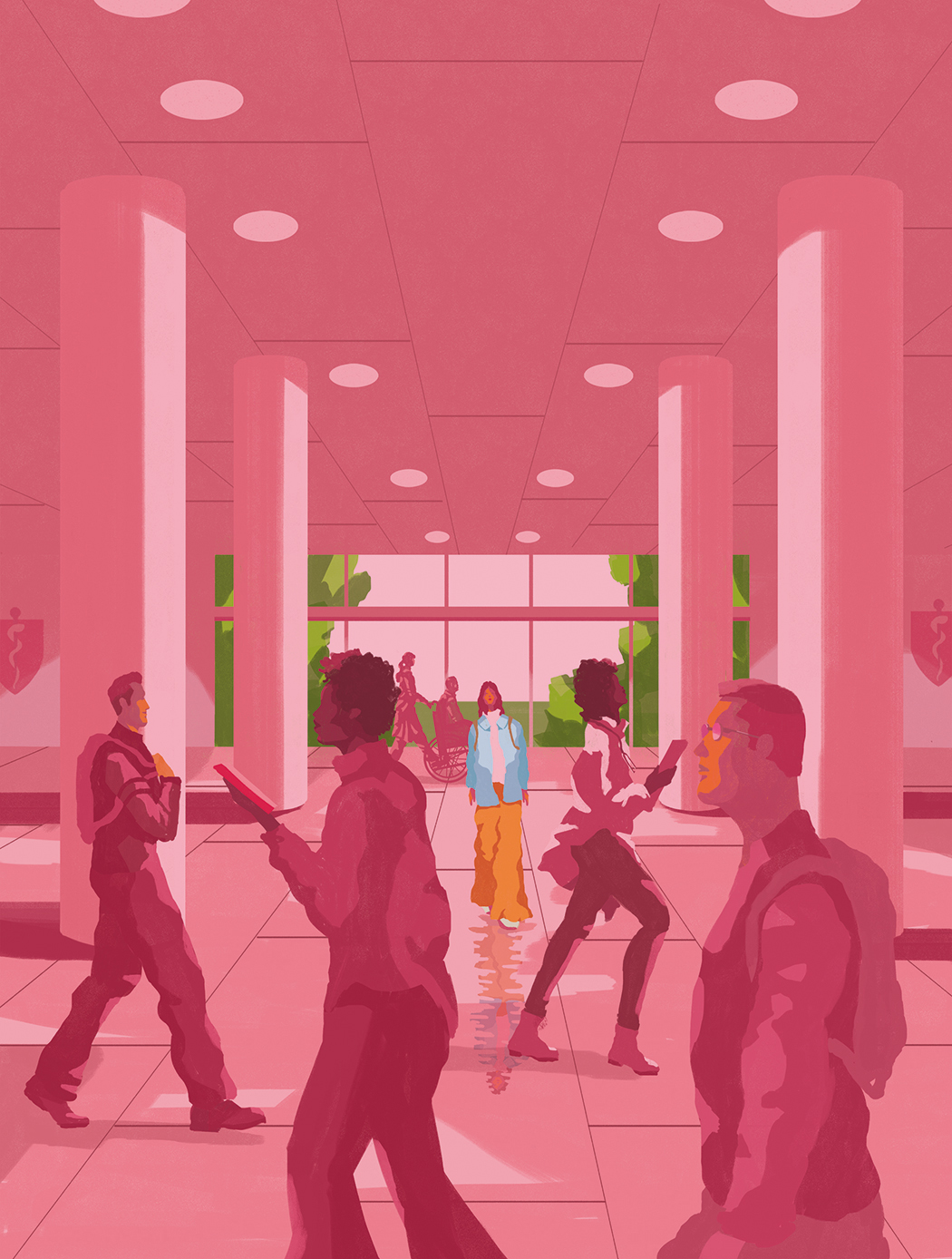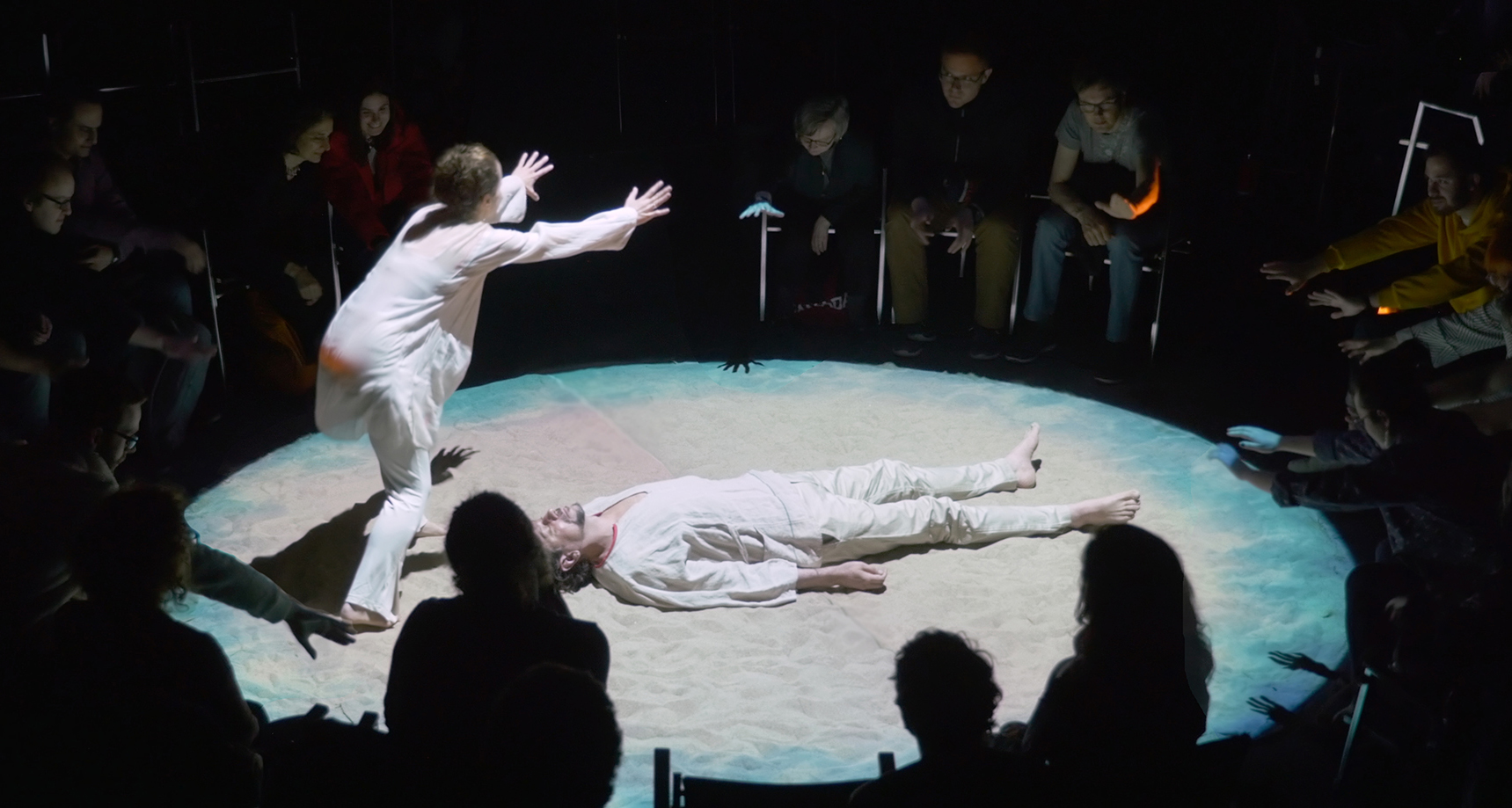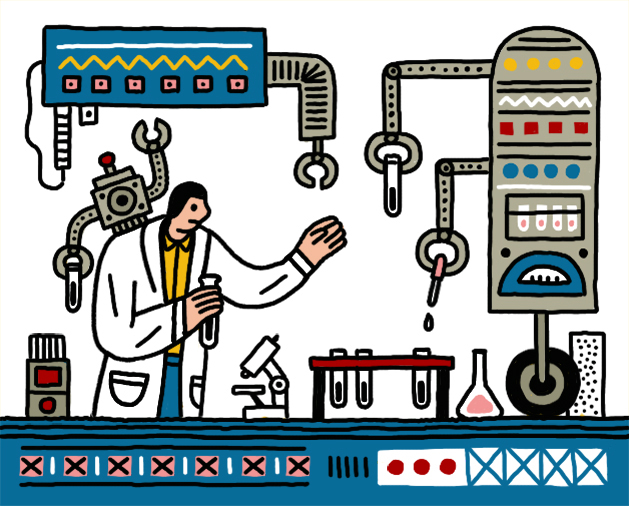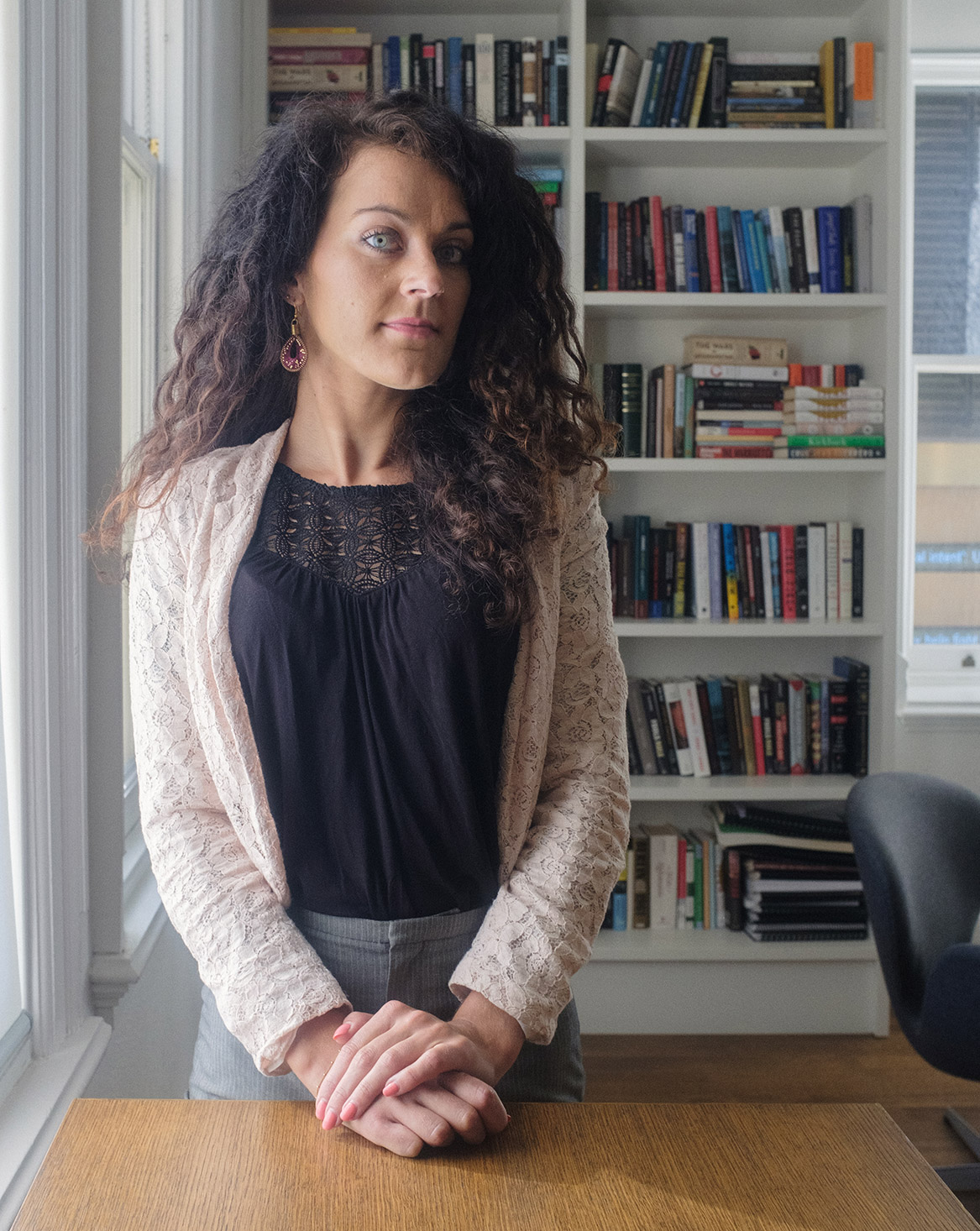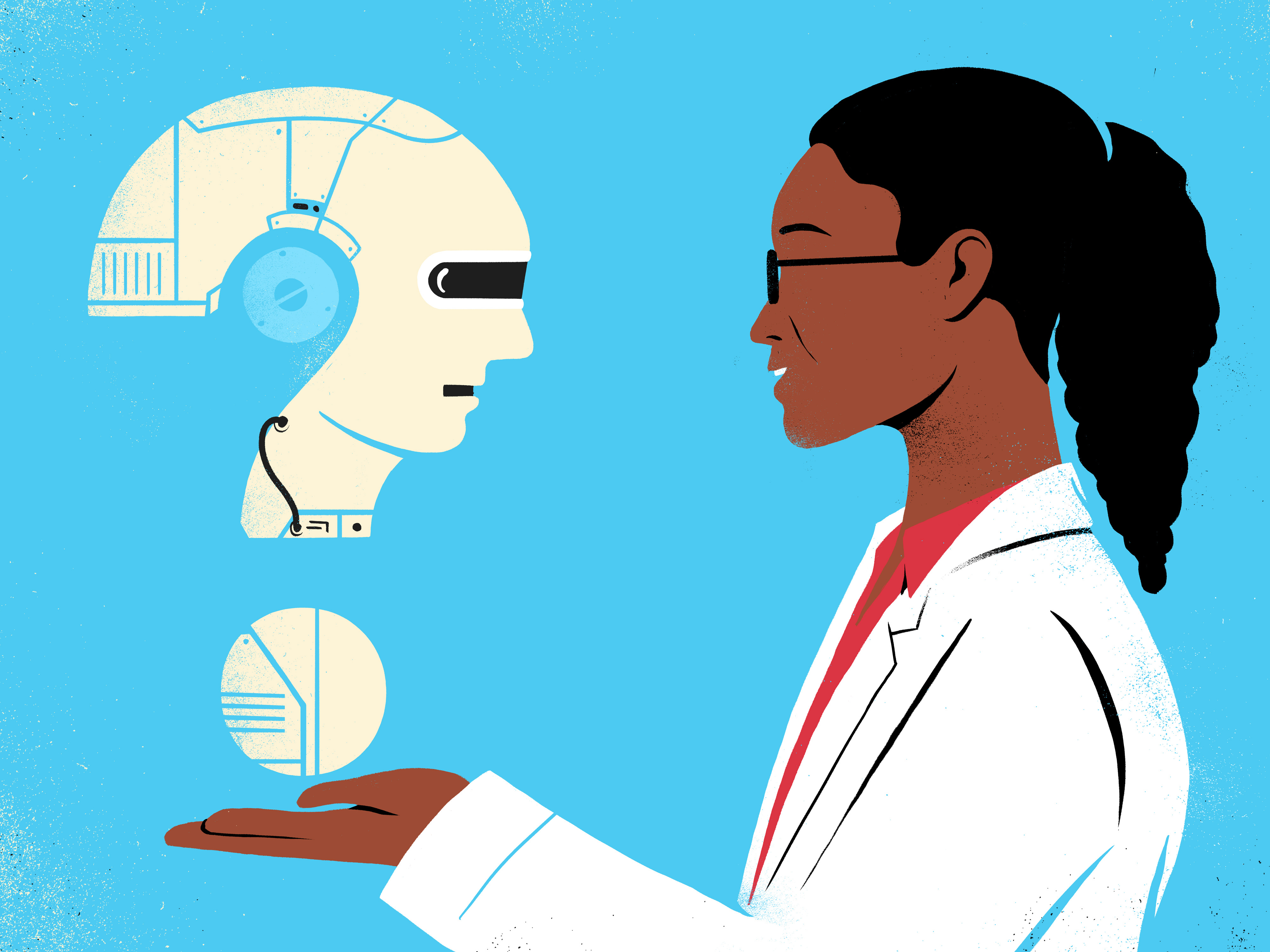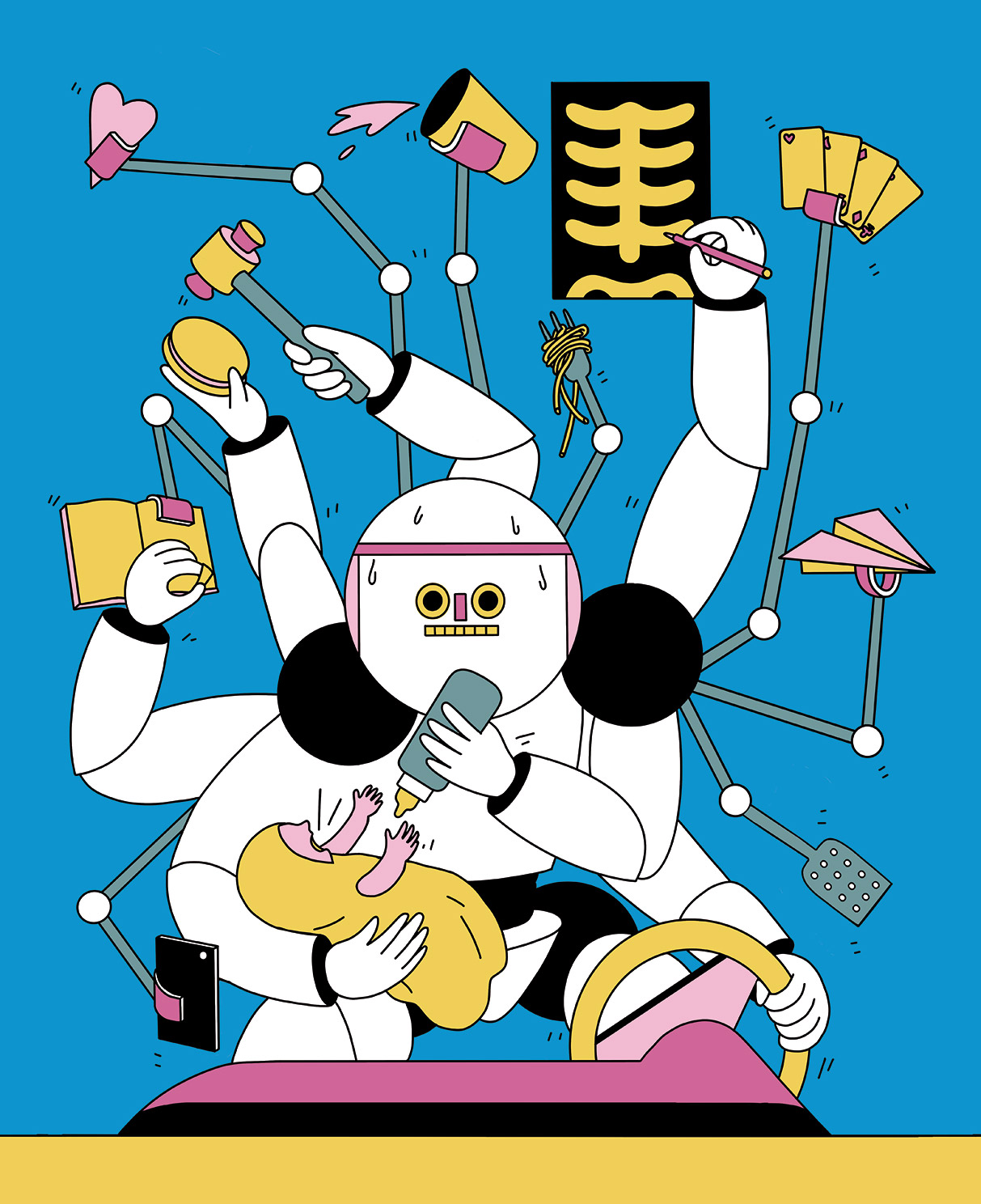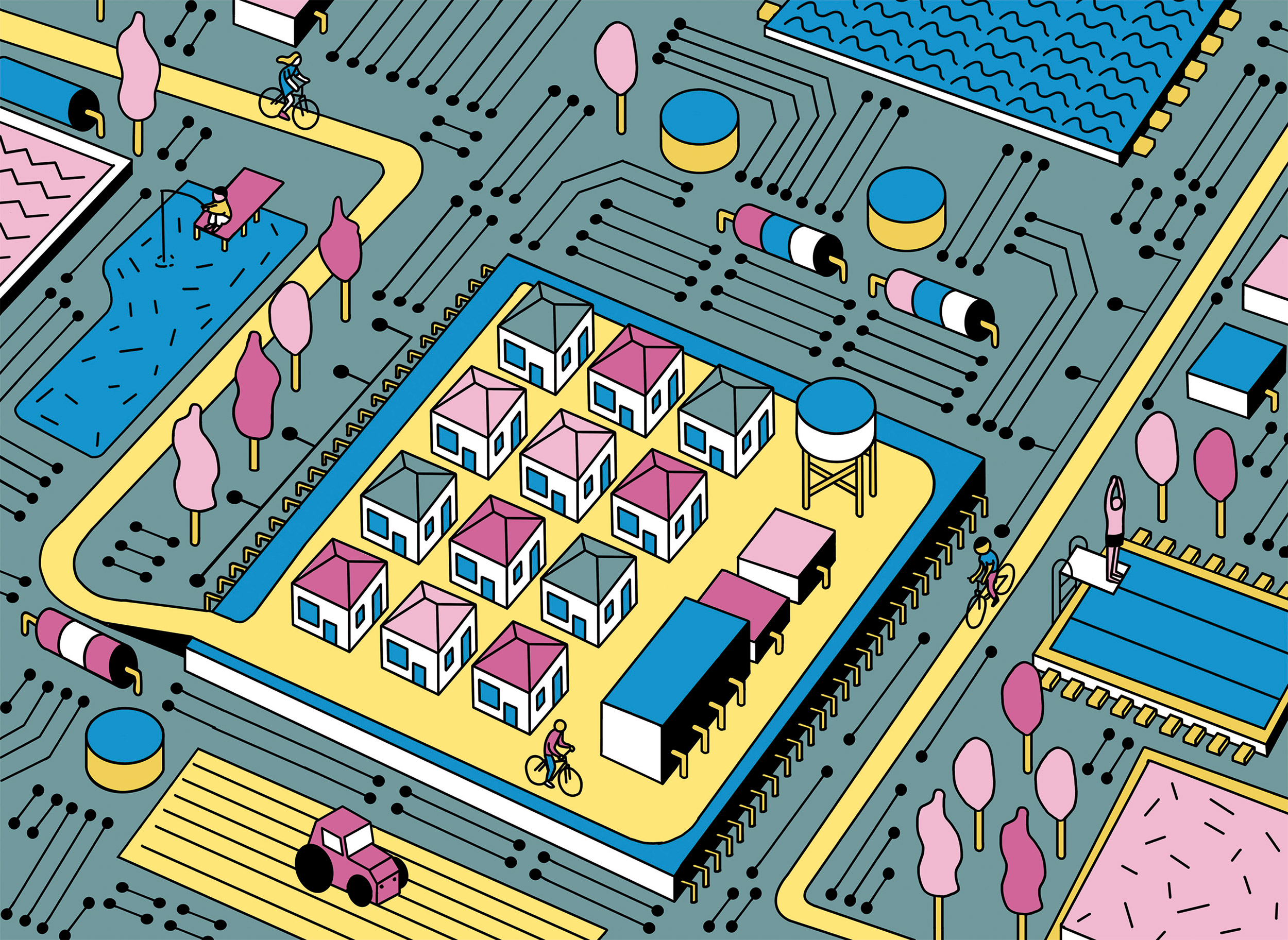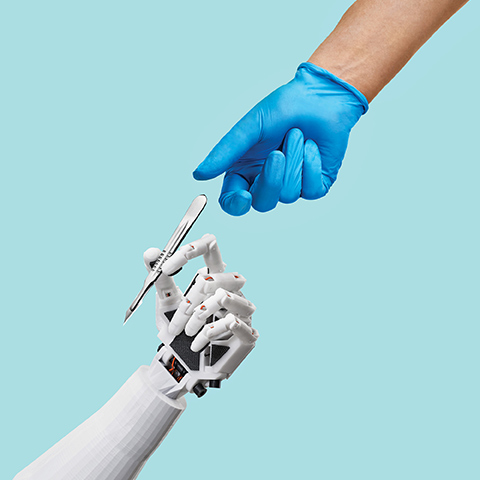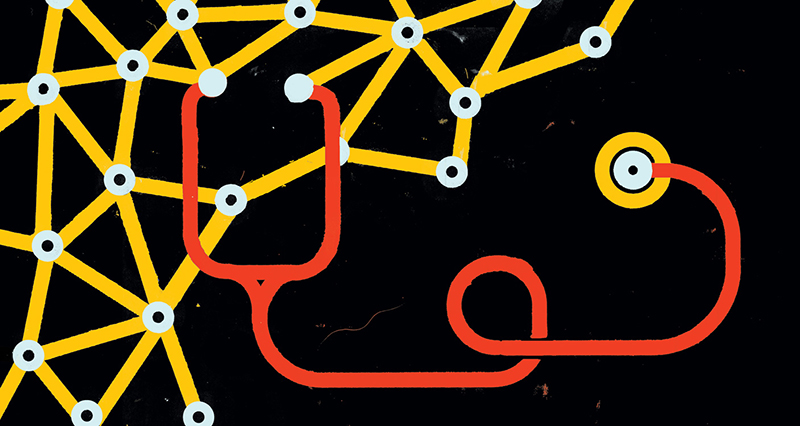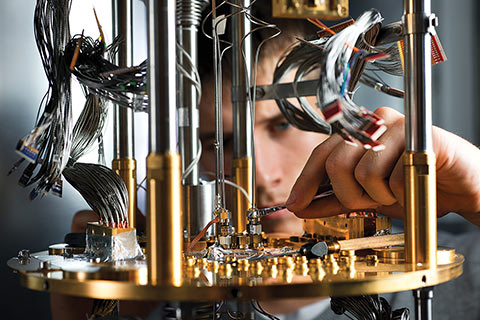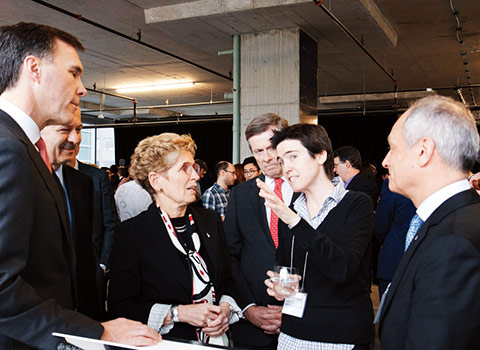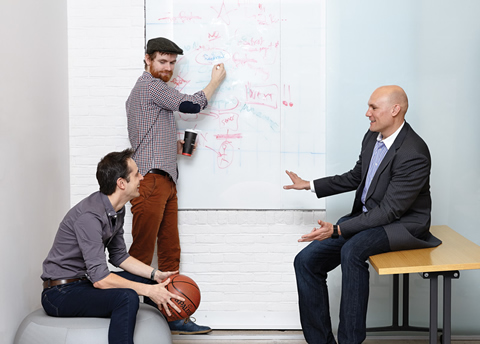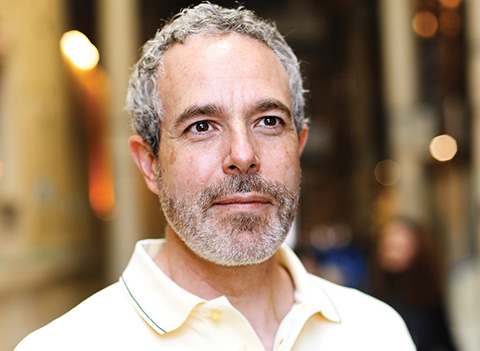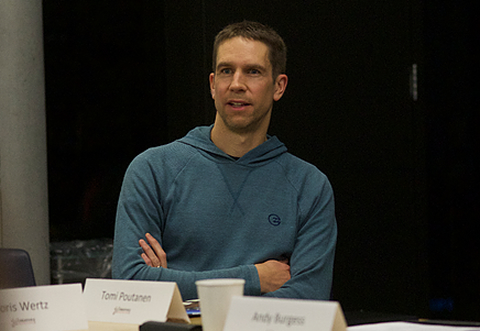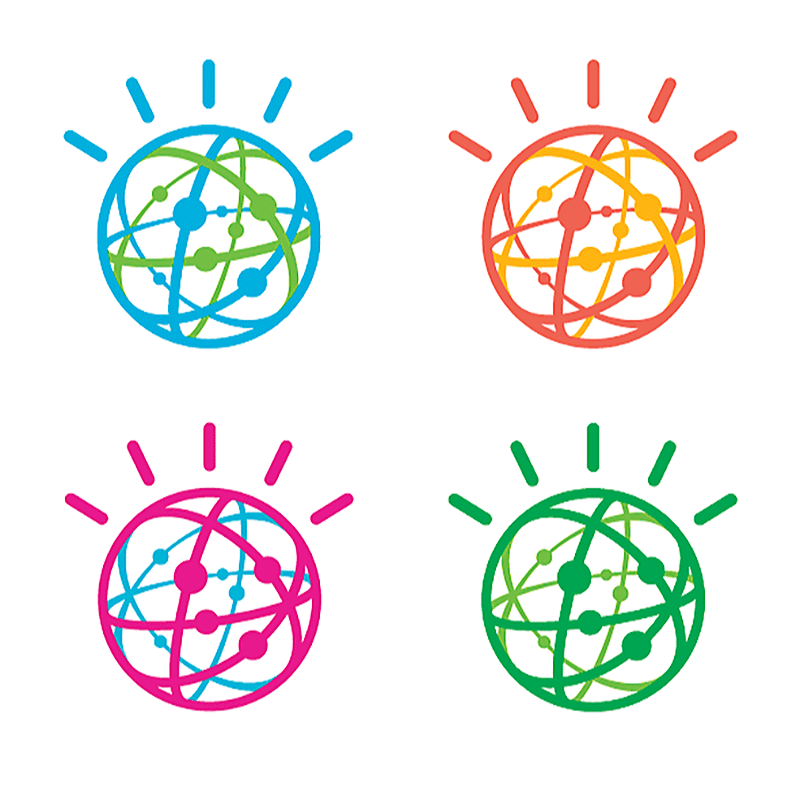Learning to Think –
or Learning to Prompt?
As AI reshapes what’s possible, 10 U of T students reflect on what university is for Read More
As AI reshapes what’s possible, 10 U of T students reflect on what university is for Read More
As machine learning reshapes higher education, U of T is preparing students to become ‘super humans’ Read More
These scholars say artificial intelligence could help reduce income inequality Read More
AI is promising a better – and faster – way to monitor the world for emerging medical threats Read More
AI is generating a disinformation arms race. The window to stop it may be closing Read More
AI has developed faster than anyone thought. Will it serve humanity’s best interests? Read More
The short answer: it depends Read More
Why AI could be good news for both patients and our health-care system Read More
How to spot and avoid online scams Read More
The Schwartz Reisman Innovation Campus will help develop artificial intelligence that benefits humanity – from ideas and scholarship to successful startups Read More
We asked 100 University of Toronto students. This is what they told us Read More
AI can help musicians compose and create new sounds. Is it just another music-making tool – or something else? Read More
Before we know it, artificial intelligence will be all around us. Are we ready? Read More
U of T researchers are developing a chatbot to help people stop smoking. One day, it might offer therapy, too Read More
A U of T lab is working with actors, writers and directors on how they could harness AI and other emerging technologies to generate new ideas and – just maybe – reinvent theatre Read More
As ChatGPT disrupts conventional teaching and learning, U of T is helping instructors and students to adapt and innovate Read More
Robots and AI are changing how we do science, making it faster, cheaper and more productive Read More
How AI could help doctors predict cardiac problems in critically ill children Read More
The short answer is “yes,” but it’s not easy – at least it wasn’t for us Read More
We used an artificial intelligence to write headlines, add text to a story and summarize a longer article. It was often eerily good Read More
Ilya Sutskever is building artificial intelligence that’s mastering a new skill – language Read More
Prof. Alán Aspuru-Guzik is using AI and robotics to help create new, more sustainable materials in a fraction of the usual time Read More
New technologies are difficult to regulate. With artificial intelligence, it may be time to rethink our approach, says Gillian Hadfield Read More
They’re already common in manufacturing. Soon, they’ll be almost everywhere Read More
How a historic $250-million gift to U of T will transform medical education–and improve patient care Read More
A new BMO-supported lab at U of T investigates the creative potential for AI in the arts Read More
By bringing artificial intelligence into chemistry, Prof. Aspuru-Guzik aims to vastly shrink the time it takes to develop new drugs – and almost everything else Read More
U of T’s Petra Molnar warns that the use of AI in immigration decisions could infringe on the human rights of migrants Read More
Canada’s commitment to multiculturalism could help it lead the world in creating more ethical machines Read More
As artificial intelligence advances, humans need to pay closer attention to what it can and can’t do Read More
Laura Rosella is using machine learning to suggest ways to reduce diabetes rates – and save millions in potential health-care costs Read More
Doctors will soon use artificial intelligence to help diagnose and treat patients, opening up new possibilities for better health Read More
A U of T research team is examining ethical issues raised by the new technology Read More
So far, machines are not very good at creating original art, such as pop tunes and short stories. Could it be they’re missing something uniquely human? Read More
To answer this question, consider this thought experiment Read More
In combining two of computing’s hottest trends, the Creative Destruction Lab sees new opportunities for startups Read More
Toronto’s Vector Institute aims to attract the world’s leading minds in a booming field Read More
Artificial intelligence could soon transform almost everything. The Rotman School’s Creative Destruction Lab will place U of T entrepreneurs at the forefront Read More
Prof. Brendan Frey and his team are harnessing machine learning to figure out what makes us sick Read More
How Tomi Poutanen is using artificial intelligence to help companies learn more about their customers’ preferences Read More
Computer science students are developing a legal application for IBM’s Jeopardy-winning computer as part of $100,000 contest Read More
Professor Alex Mihailidis is designing an "intelligent" house that will help dementia sufferers Read More
Explore


